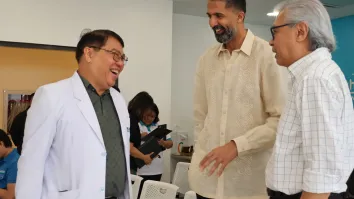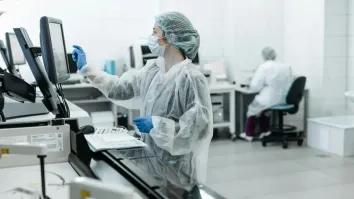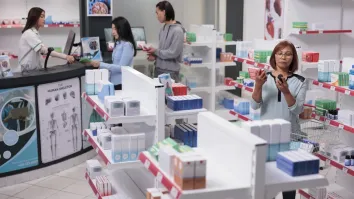
Singapore lost $1.04b to migraines in 2018
Patients who experienced it for four to 14 days per month lost an average of $14,860.
Singapore has lost as much as $1.04b to migraines in 2018, according to a survey by DUKE-NUS Medical School and pharmaceutical firm Novartis.
About 80% of the total came from a loss of productivity like missed work days or impacts on capacity to carry out daily jobs, whilst the rest was attributed to healthcare costs such as medical tests and consultations.
Patients who experienced at most three migraine days per month reported costs of $5,040 per capita for the year, whilst those who dealt with it for four to 14 days per month lost $14,860.
They also missed 9.8 work days a year on average, on top of losses in productivity time of around 7.4 days for those present at work.
Much of the healthcare costs came from medical tests (41%), followed by alternative medications (18%), consultations (16%), hospitalisations (13%) and medications (11%).
Migraine affects up to 10% of the population, with about 100 new patients every month at the patient referral clinic for headache disorders at the National University Hospital (NUH). According to Headache Society of Singapore president Jonathan Jia Yuan Ong, a quarter of patients have not sought medical treatment for migraines.



















 Advertise
Advertise






